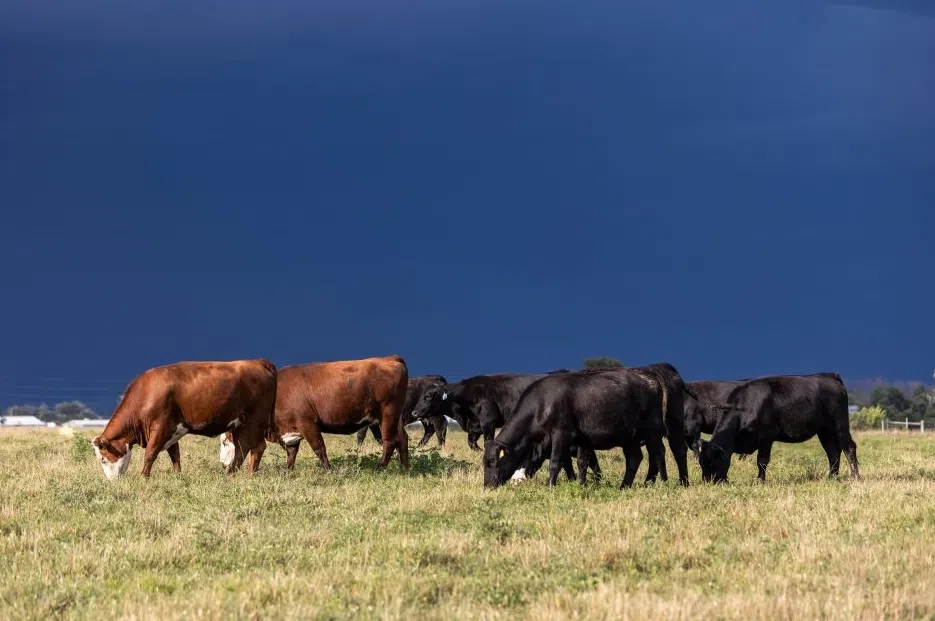University of Missouri researchers are working to develop the first-ever vaccine proven to protect cattle from a devastating tick-borne cattle disease known as bovine anaplasmosis. The research is vital to the state’s economy as it aims to protect Missouri’s $1.6 billion cattle industry.
Bovine anaplasmosis infects the red blood cells of cattle and causes hundreds of millions of dollars in economic losses nationwide each year and nearly $1 billion in losses worldwide, primarily due to reduced cattle production, treatment costs and deaths.
Roman Ganta, a McKee endowed professor in Mizzou’s College of Veterinary Medicine and a Bond Life Sciences Center researcher, led the study that created the new vaccine. The work involved genetically modifying the pathogen Anaplasma marginale — which causes bovine anaplasmosis — in a lab. By deleting a specific gene and then injecting the modified pathogen into cattle, the vaccinated cattle were successfully immunized against the disease.
Ganta said the new vaccine has been proven to give immunized cattle protection against bovine anaplasmosis for at least a month, and he and his team are eager to conduct additional research to determine how long the genetically modified pathogen can provide immunity for cattle. Ganta is also collaborating with industry partners to discuss future distribution of the new vaccine — which has been patented — to cattle producers.
“The genetically modified live vaccine offers protective immunity against wild-type Anaplasma marginale tick-transmission challenge” was published recently in Vaccine. Funding for the study was provided by the National Institutes of Health and Russell L. Rustici Rangeland and Cattle Research Endowment, University of California, Davis.
University of Missouri news release





Comments